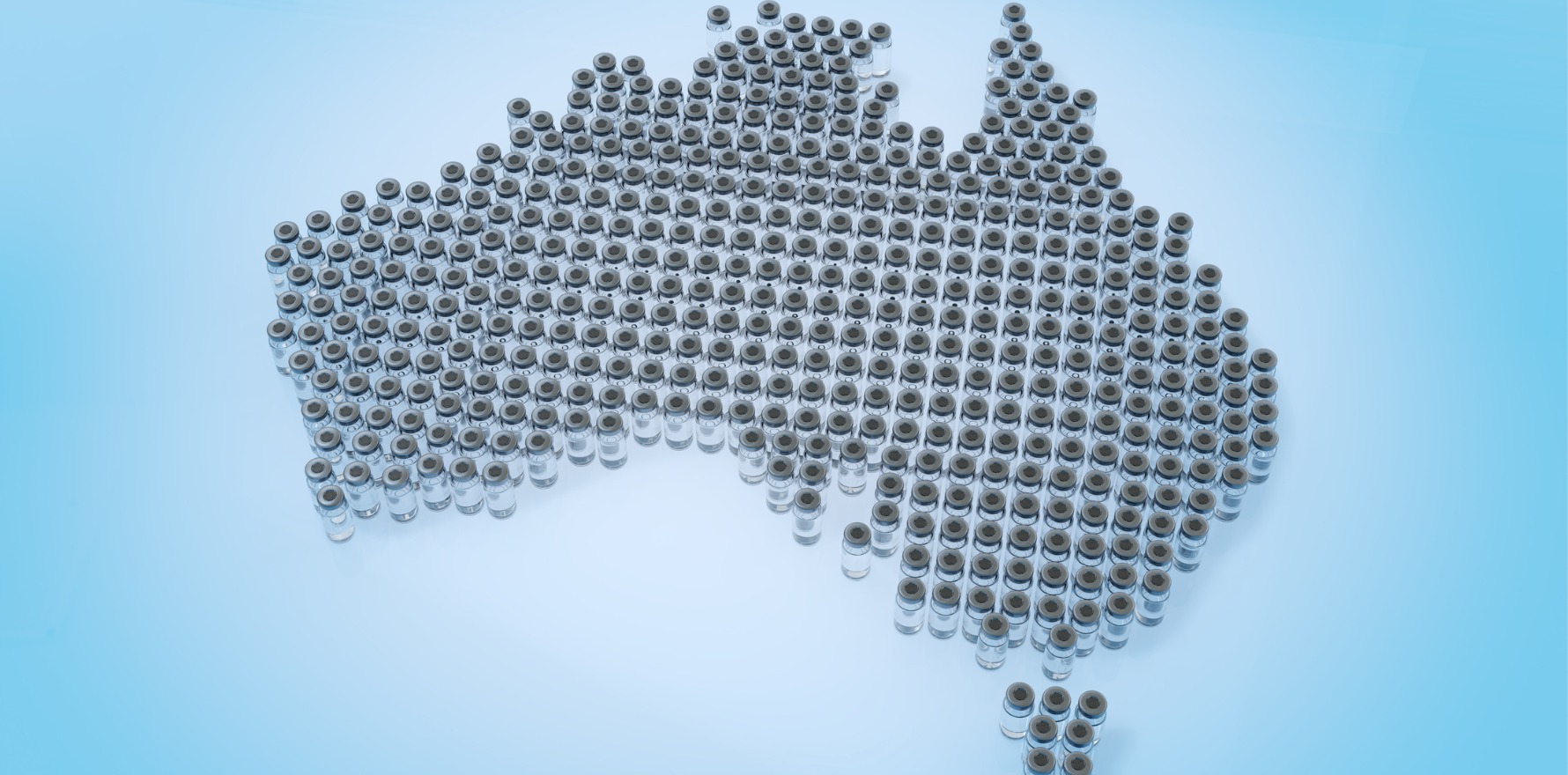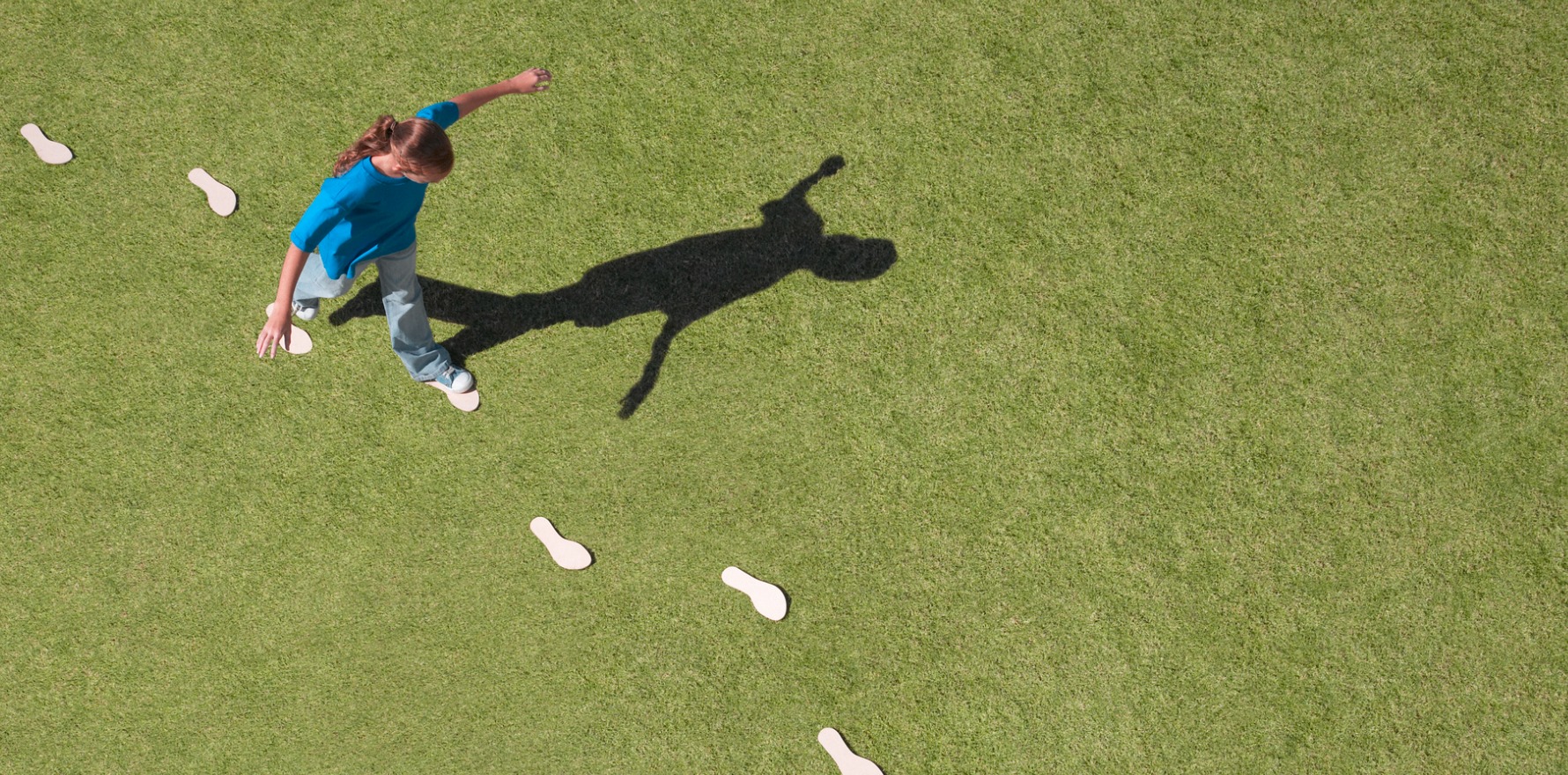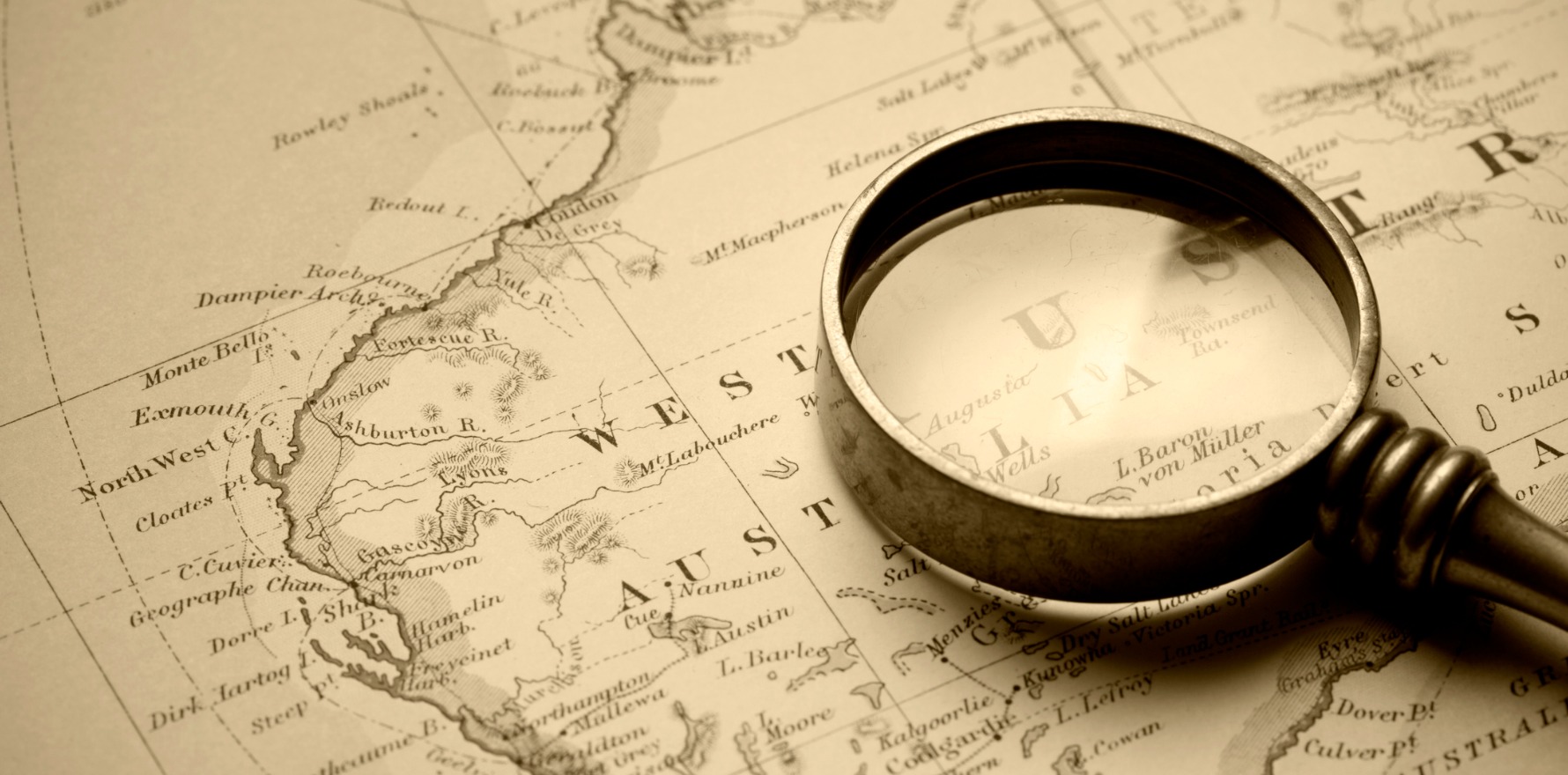While NSW, Queensland and WA will start immunising neonates this year, other states will likely have to wait.
The passive RSV monoclonal antibody, nirsevimab will be given to infants for free in three states this year but supply limitations mean the vaccine is unlikely to be available in other states until later, experts say.
Western Australia and Queensland will provide the immunisation to all newborn babies before they’re discharged from hospital, while NSW will prioritise high-risk infants.
Australia is the first country in the southern hemisphere to roll out nirsevimab after programs began in Europe and the US.
In clinical advice released this week, ATAGI has recommended nirsevimab be given at birth to infants born just before or during the RSV season.
ATAGI said early data on nirsevimab from Northern Hemisphere countries showed the drug was up to 90% effective and substantially reduced hospitalisation and ICU admissions.
Nirsevimab (Beyfortus) is an injectable, long-acting monoclonal antibody (mAb) that protects infants and young children against RSV disease for at least five months.
It was approved by the TGA last November as a one-off injection to prevent RSV-related lower respiratory tract disease in all infants entering their first RSV season, and for children up to 24 months of age who are vulnerable to severe RSV through their second RSV season.
ATAGI said early data on nirsevimab from Northern Hemisphere countries showed the drug was up to 90% effective against severe RSV infection in infants and substantially reduced hospitalisation and ICU admissions.
Western Australia announced earlier this month that it would deliver a state-funded immunisation program and was soon followed by Queensland and NSW.
In Western Australia and Queensland, babies will be eligible for nirsevimab at birth if they are born between 1 May and 30 September 2024, and babies born from 1 October 2023 to 30 April 2024 can access it under a catch-up program.
Queensland will deliver the program through hospitals, general practices, Aboriginal medical services and community health immunisation clinics.
In NSW, nirsevimab will be available from 1 April through hospitals to infants at high risk of severe RSV.
High-risk conditions include prematurity, significant immunosuppression, chronic lung disease, neurological conditions, cystic fibrosis and genetic conditions that increase the risk of RSV, ATAGI said.
Nirsevimab was safe and well tolerated in infants and young children, but very rare hypersensitivity reactions could occur, ATAGI said.
Infectious diseases paediatrician Professor Robert Booy from the University of Sydney said supply issues meant it was unlikely that nirsevimab would be available in any other states this year.
“This year, it’s going to be tightly controlled through state government health department access in three states,” he told TMR.
“Whoever got in first, got supply, but there doesn’t seem to be enough supply for the whole country this year. Next year, it should be more widely available.
“It’s being administered largely through state health departments and mostly being given in hospitals, but there will be limited supply for GPs, to be announced later.
“The RSV season is about to kick off so … they need to do it sooner rather than later.”
Latest data from the Australian Government’s National Notifiable Disease Surveillance System, accessed on 28 March, shows there have been 28,992 cases of RSV reported so far this year.
This includes 16,503 cases in NSW, 7383 in Queensland, 2874 in Victoria, 692 in South Australia, 613 in Western Australia, 548 in the Northern Territory, 263 in the ACT and 116 in Tasmania.
In 2023 there were 128,014 reported cases of RSV across the country, according to the database.
Related
Professor Booy said children would only need a second dose in their second year if they were high risk.
“If RSV is going to be a problem, it’s going to lead to admission to hospital in the first year during the first season,” he said.
“It’s much less likely to lead to hospitalisation in your second winter.”
Professor Booy said Queensland was likely to offer nirsevimab year-round – if they had adequate supply – to all newborn children, not just those at high risk. The RSV season in this state was not localised to autumn and winter and occur throughout most of the year, he explained.
Professor Booy said nirsevimab was a passive RSV immunisation that provided ready-made antibodies to infants rather than encouraging the immune system to make antibodies.
He said the “old approach” was to only give a monoclonal antibody to high-risk children in hospital once a month for five months, but that was “onerous and expensive”.
“The new approach is a one-off dose given to all children irrespective of whether they have a risk factor, given hopefully within a day of birth,” he said.
A spokesman for Sanofi said the company was “working towards a federally funded program so all infants across Australia had access to Beyfortus”.
“All supply agreements for 2025 will be met by Sanofi in consultation with the relevant health departments, whether as a national program or with states and territories,” they said.
Regis Launay, general manager, vaccines at Sanofi Australia and New Zealand, said the company “believe a national RSV program is needed so all infants born in Australia have access to Beyfortus”.
Nirsevimab was already available in the US, France, Germany, Spain, Luxembourg and Chile, the spokesman said.
ATAGI said nirsevimab could be used to protect all infants against severe disease during or entering their first RSV season, and infants under 24 months who are vulnerable to severe disease during their second RSV season.
“Although all infants aged <6 months entering their first RSV season would benefit from nirsevimab, in the setting of supply constraints, it is important to prioritise those with risk conditions that put them at the highest risk of severe RSV disease and hospitalisation,” it said in a statement.
A spokesperson for the Department of Health and Aged Care said Sanofi had advised state and territory governments that there “were international supply constraints and in 2024 nirsevimab would be available via state-based programs in NSW, Queensland and Western Australia”.





